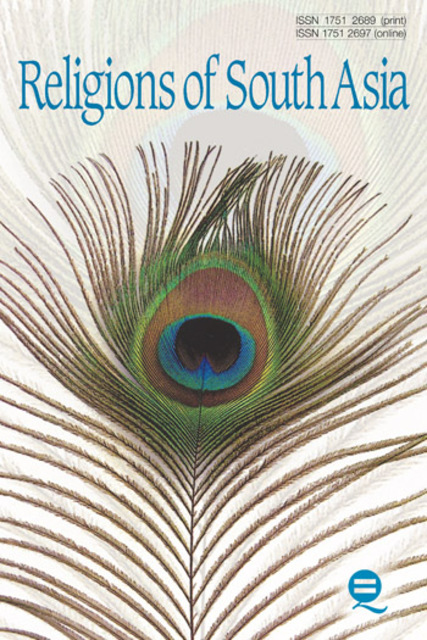Prison Letter Writing as Theology of Presence: German and Indian Perspectives

Full description
This article attempts to identify a meaningful theology through the medium of prison letter writing. While the majority of prison letters coming out of British colonial India and Nazi Germany have been cherished for their historical value, it is argued that the vitality of the letter rests in a reception narrative that moves beyond the Sitz im Leben of its author and places critical emphasis on the connection between the letter’s combined form and content. Prison letter writing is explored through the language of theology as an appropriate interpretative method that conceives of its historical presence as one that occurs within history but is not limited by history. In adopting this tack, the author offers presence as a way of avoiding the complications of a theological nomenclature that threatens to stand outside of history or become too abstract and otherworldly to meet the demands and needs of those for whom the project of prison writing remained transformational. Comparisons in the penal cultures of Germany and India from the twentieth century are explored for the purpose of broadening the conversation.
- typeImage
- created on
- file formatjpeg
- file size132 KB
- container titleReligions of South Asia
- creatorTrey Palmisano
- issn1751-2697 (Online)
- rights holderEquinox Publishing Ltd.
- volume8.3
- doi
We use cookies to analyze our traffic. Please decide if you are willing to accept cookies from our website. You can change this setting anytime in Privacy Settings.
